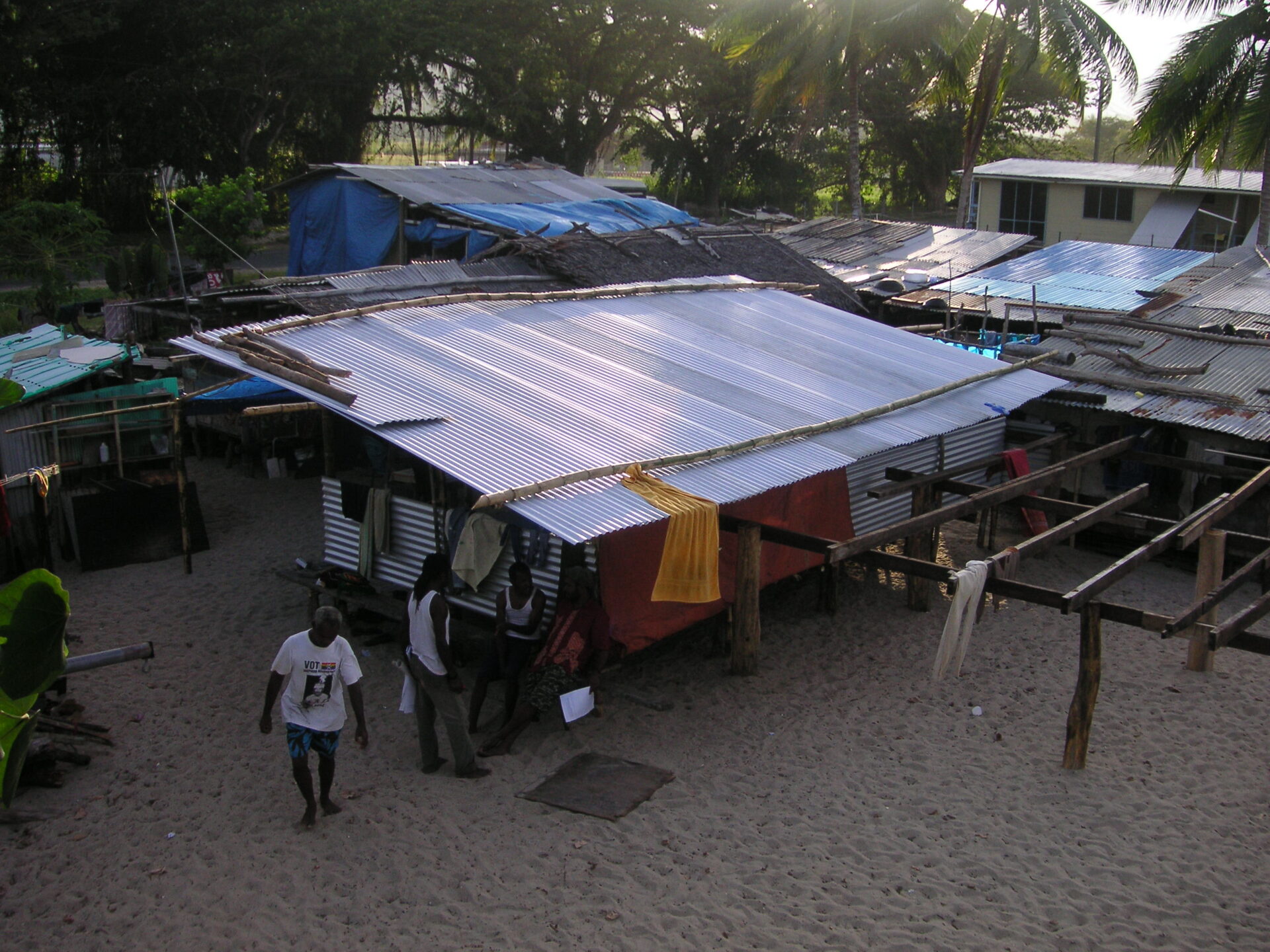The 1989-1997 civil war in Bougainville, Papua New Guinea left as many as 20,000 dead. The fate and whereabouts of many more remain unknown. This causes anguish and uncertainty for families and friends who are often unable to grieve.
Under international humanitarian law, families have the right to be informed of the fate of missing relatives. Governments, military authorities and armed groups have an obligation to provide answers.
In retrospect there was a workshop organized in Feb , 2014 which its objectives and aim was to raise awareness of the multitude of problems faced by families of persons who went missing during the Bougainville crisis. Participants also discussed in practical terms how to clarify the fate of the missing, as well as possible avenues to support their families.
The fate and whereabouts of many people who vanished following the outbreak of violence in Papua New Guinea in 1989 remain unknown, causing anguish and uncertainty for families and friends who are often unable to grieve. Some of those who disappeared were breadwinners whose families were left struggling to make ends meet, in some cases even years later.
“If no action on the missing is taken it will hinder the peace process in Bougainville,” warned Peter Garawai, paramount chief of Pok Pok Island, who attended the workshop.
Under international humanitarian law, families have the right to be informed of the fate of missing relatives. Governments, military authorities and armed groups have an obligation to provide answers.
Since 2012, the ICRC has been working with the Bougainville and PNG governments to have the issue of the missing included in efforts to promote peace and reconciliation, for example in the Peace and Security Implementation Strategy. “Only the authorities and the people themselves can resolve the issue. The ICRC is here to provide advice and expert support,” said Brendan St. John, head of the organization’s office in Arawa.
In dozens of countries around the world, the ICRC seeks to ease the suffering of the families of people who have gone missing in connection with armed conflict. “We have witnessed at first-hand how addressing this complex issue can help communities cope with their loss, strengthening peace and reconciliation processes,” said Mr St. John. “The families have a right to know what happened, and to have the remains of their loved ones returned.”
Two further workshops will be organized by the ICRC and PNG Red Cross in Buka and Buin later this year. Many of the participants, however, agreed that even more such events would be needed throughout Bougainville to raise awareness about the issue and its role as a key component of peace and reconciliation. Some left with the intention of holding their own consultations in their home villages and communities, encouraging the involvement of Village Assemblies and Council of Elders.
“Dealing with the issue of people who went missing in Bougainville – whether as civilians or taking an active part in the fighting – is a must,” said Danny Palipal, chairman of the Bougainville branch of the PNG Red Cross. “We have already waited too long.”
For further information, please contact:
Ashot Astabatsyan, ICRC Port Moresby, tel: +67 570 880 624
Helen Amnol, ICRC Port Moresby, tel: +67 571 927 175



